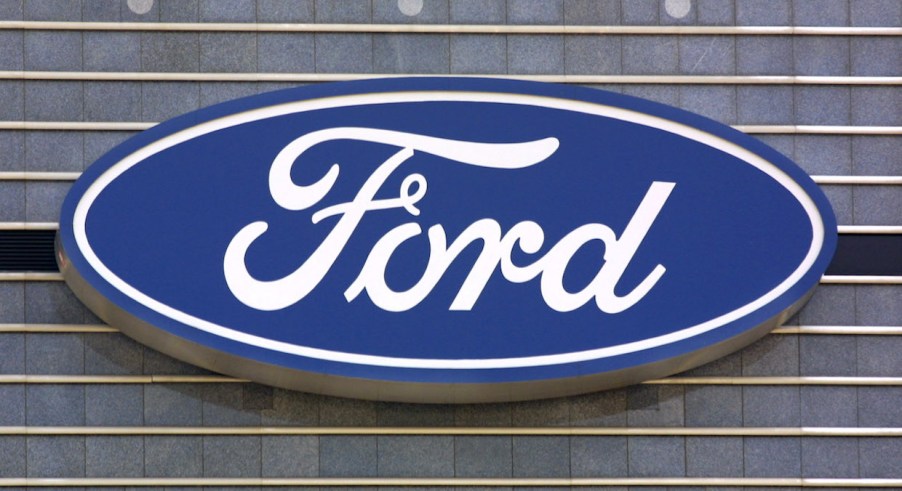
Ford Lawsuit Over Bubbling Paint Ends in Victory
Ford has gotten into hot water in recent years thanks to problems with the paint on some of its vehicles. Ford owners even filed lawsuits related to bubbling in their vehicles’ paint. Nevertheless, a judge recently handed the automaker a victory of sorts in these ongoing suits.
What is the Ford lawsuit about?

Certain Ford vehicles have been known to suffer problems with corrosion on their aluminum panels, leading to flaking, blistering, and peeling on the vehicles’ paint jobs.
The Ford vehicles that have been most affected by this issue are the 2013 to 2018 Explorer, Expedition, and Mustang. Though Ford vehicles come with a paint warranty, the warranty is not applicable in the cases at issue in the lawsuit because the coverage only pertains to “perforation.” The peeling aluminum panels in question in the lawsuit can’t perforate from corrosion, so the warranty excludes them.
Plaintiffs in the lawsuit are concerned not only about the peeling and blistering but also that the damaged paint job hurts the resale value of their vehicles. According to the lawsuit, Ford told concerned owners to perform “sand and paint” repairs, which did nothing but hide the issue, CarBuzz reports.
A judge limited the scope of the Ford lawsuit regarding bubbling paint
Ford has been battling the legal actions brought by consumers frustrated by the faulty paint on their vehicles. While the lawsuits are ongoing, a judge made at least one decision in the case that looks to work in favor of the car manufacturer.
The issue in question concerns whether the consumers involved in the lawsuit would be granted class-action status. In short, the answer is no. Florida federal judge Rodolfo A. Ruiz II ruled that the case did not qualify for status as a class action.
In explaining his ruling, Ruiz stated that anyone wishing to file a lawsuit could do so only under the law of the state where their claim resides. Plaintiffs, he said, had no right to start a nationwide lawsuit. He also said plaintiffs could not sue on behalf of owners of makes and models that differed from their own because they had no experience with those other vehicles.
Finally, there was the fact that a lawsuit given class-action status would represent around 800,000 vehicles, even though most of those cars would not have experienced paint problems. For that reason, the judge called it “nonsensical” to grant class-action status to the suit.
The judge’s ruling is a victory for Ford
Because of the number of vehicles that could have been involved in the class-action lawsuit if that status had been granted, the judge’s decision is a clear victory for Ford, which has been contending with other class-action suits.
Owners will now need to make their case individually, without the resources often afforded to class-action suits. The decision also means any ruling on Ford’s liability in the future will be limited to the individual vehicles in question, thus reducing the amount of damages the company would likely have to pay.
However, that doesn’t mean the issue is completely resolved for Ford. The case will continue, though not as the class-action lawsuit for which some consumers had hoped. Further issues in the case will get sorted out in the U.S. District Court for the Southern District of Florida. Only time will tell if the automaker must pay consumers for the bubbling paint on their Ford vehicles.


